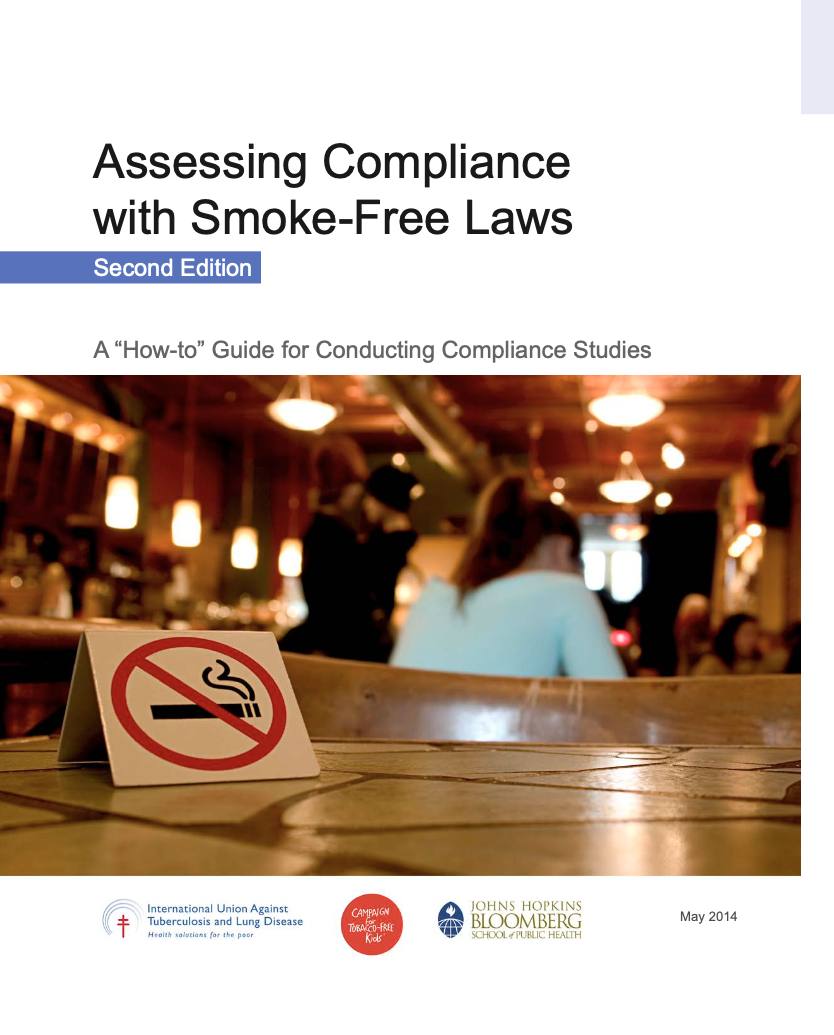This guide promotes best practice for conducting studies of compliance with smoke-free laws, including the rationale for doing or not doing a study, the knowledge and resources needed, and how to design the study and effectively disseminate the results. For those with research training and experience, the guide will provide useful insights into the particular issues involved in researching compliance with smoke-free laws. For those with less experience or training in research, the guide provides detailed guidance to help design a study that effectively and reliably assesses compliance.
Recommendations in the guide are based on experience from other jurisdictions and on best practice when available. However, the approach will need to be adapted to factors specific to each context, and should be done in consultation with people who are knowledgeable about the jurisdiction and the smoke-free law under review, and who have research experience and/or training.
Recent Abstracts
Childhood Lead Exposure Prevention: Assessment Of Blood Lead Surveillance Capacity Maharashtra, India
UK PACT : Enhancing Sustainable Urban Mobility in Surabaya and Makassar
Stage at diagnosis and survival by stage for the leading childhood cancers in…
Short-term association of particulate matter and cardiovascular disease mortality in Shanghai, China between…
Information About New Federal Regulations for Opioid Treatment Programs (OTPs)
Centering Country Ownership and Leadership: The Data for Health Initiative’s Approach
Mass Media Campaigns
Tobacco Imagery in Movies and Web Series Streaming in India and Their Compliance…
Data for Health: Advancing Gender Equity
The Index of Tobacco Control Sustainability
